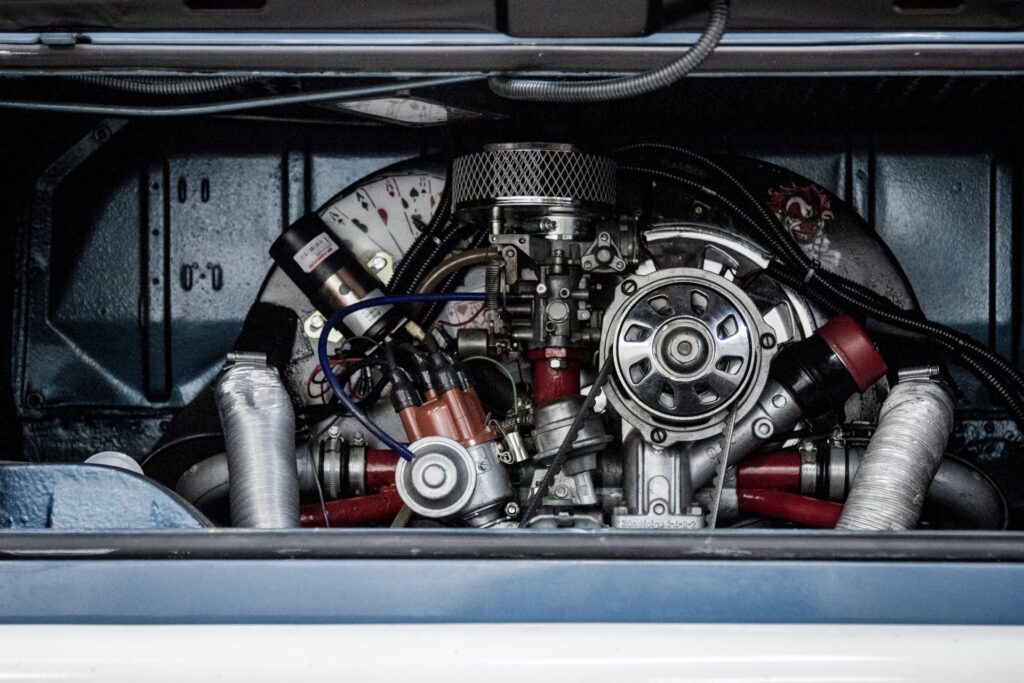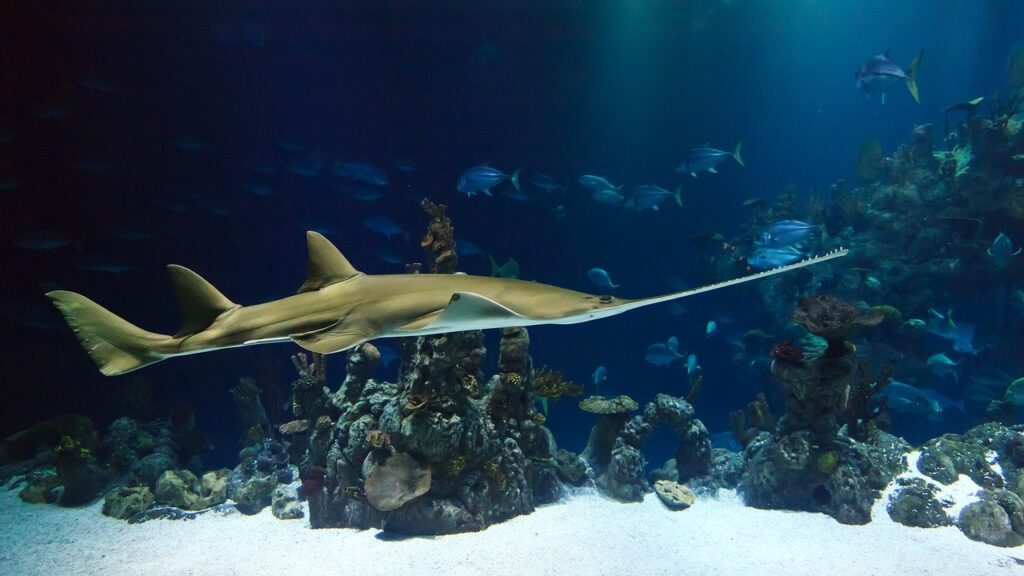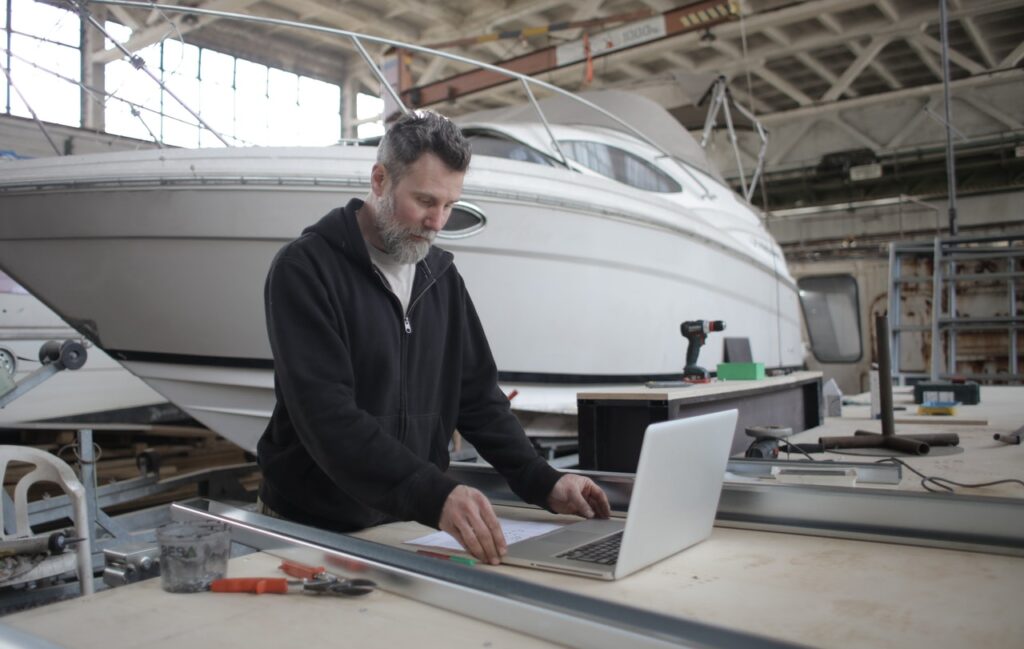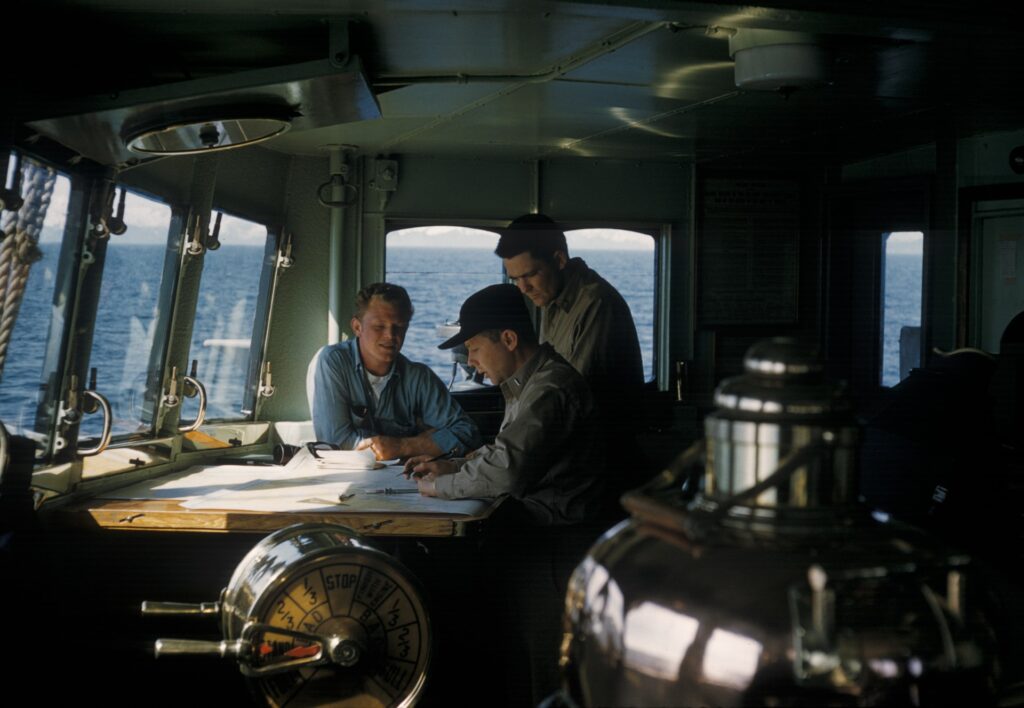Mechanical vs Marine Engineering
Mechanical vs marine engineering is essentially a land vs sea comparison between the two respective engineering disciplines that relate to each environment. Think of this article as a surf vs turf, engineering style!
Mechanical Engineering
Mechanical engineering is an incredibly diverse and broad field in the sense of the industries that mechanical engineers work in, the types of products they work on and the knowledge required of a mechanical engineer to be successful. It deals with diverse engineering problems in fluid dynamics, mechanics of materials, heat transfer, energy conversion, design and manufacturing, vibration, materials science, and electro-mechanical systems, among many others.
Mechanical engineers design, analyse and develop everything you think of as a machine – from car engines, fighter jets and space vehicles to air conditioners and lifts. As a mechanical engineer you’ll design and maintain a wide variety of machines. These could include transport systems and power generation, renewable energy and environmental systems, vehicle and engineering design or computing and biomedical systems. With the growing demand for mechanical engineers in the aerospace, biomedical, environmental and nanotechnology fields, a mechanical engineering career can be diverse, with opportunities to innovate around every corner.

A career in mechanical engineering requires at least a bachelors degree. The programs include instruction in various system components, from computer programming to power systems, and they will cover technical areas such as hydraulics, thermodynamics, and fluid mechanics. Students are also expected to gain a basic understanding of electrical engineering, civil engineering, and chemical engineering. Many programs include coursework in fields where mechanical engineering is applied, like environmental science and business.
Marine Engineering
Marine engineering includes the engineering of boats, ships, oil rigs and any other marine structure or vessel, as well as oceanographic engineering, also known as ocean engineering. Specifically, marine engineering is the discipline of applying engineering sciences, including electrical engineering, mechanical engineering, electronic engineering, and computer science, for the development, design, operation and maintenance of watercraft propulsion, on-board systems and oceanographic technology.
A marine engineer (sometimes referred to as a ship engineer), works in researching, developing, and constructing new marine vessels and their component parts. This includes creating blueprints, designing engines and propulsion systems, testing prototypes, and supervising the construction of full size ships.

A four year Bachelor of Engineering in Marine Engineering is the basic educational qualification needed to become a marine engineer. This is a career that offers vast job opportunities including off-shore jobs and one of the most attractive aspects is its comparatively large salary. Many colleges and universities offer courses in marine engineering. Immense job opportunities are awaiting for marine engineers and they have nearly 100% placement rates. The demand for marine engineers in public and private shipping companies has risen sharply, with the increase in international global sea traffic.
Mechanical vs Marine Engineering Education
Mechanical Engineering
Mechanical engineers typically need a bachelor’s degree in mechanical engineering or mechanical engineering technology. Mechanical engineers who sell services publicly must be licensed in all states and the District of Columbia.
Mechanical engineering programs usually include courses in mathematics, life and physical sciences, as well as design and engineering courses. Mechanical engineering technology programs focus less on theory and more on the practical application of engineering principles. They may emphasize co-ops and internships to prepare students for work in industry.
Some colleges and universities offer 5-year programs that allow students to obtain both a bachelor’s and a master’s degree. Some 5-year or even 6-year cooperative plans combine classroom study with practical work, enabling students to gain valuable experience and earn money to finance part of their education.
ABET (Accreditation Board for Engineering and Technology) accredits programs in engineering and engineering technology. Most employers prefer to hire students from an accredited program. A degree from an ABET-accredited program is usually necessary to become a licensed professional engineer.

Marine Engineering
To work as a marine engineer, it is typically necessary to hold a bachelor’s degree in marine engineering technology, although higher degrees are available. Programs often come in two varieties: those that provide the option of becoming licensed for shipboard work and those that do not. While marine engineering schools are slightly uncommon, they are most easily found in coastal areas and may include experience working aboard ships. Most programs will prepare students for both careers on land and at sea. The coursework in marine engineering programs can include:
- Fluid mechanics
- Fundamentals of naval architecture
- Marine engineering fundamentals
- Thermodynamics
- Steam/diesel/gas propulsion systems
Marine engineering programs usually include a heavy focus on physics, engineering, and mathematics, so online courses in math or other relevant areas may offer a head start. Many programs, particularly those with shipboard experiences, also include courses on ship safety and procedures. The United States Merchant Marine Academy offers one of the most respected marine engineering programs, with graduates particularly well-suited for ship engineer roles.
After completing their bachelor’s degrees, marine engineers typically take the licensing exams offered by the U.S. Coast Guard. The initial licensing test is the Third Assistant License Exam. After gaining experience, marine engineers can take the Second Assistant license, followed by the First Assistant license after additional experience. The highest license exam is the Chief Assistant license. Progression through the licenses typically results in higher wages and additional responsibilities.
Mechanical vs Marine Engineering Careers
Mechanical Engineering
Mechanical engineers test and create different types of equipment and machines and also oversee the installation of machinery, plus resolve problems once the system is up and running. They are known to be techy in nature, mechanical engineers also use Computer Aided Design (referred to as CAD) packages to produce blueprints that contain specifications for their projects. They also work on evaluating and testing designs and also re-designing and upgrading systems.
In 2017, mechanical engineers earned $85,880 on average, according to the Bureau of Labor Statistics (BLS). For those working on an hourly basis, mechanical engineers earn $41.29 per hour in 2017.
The lowest 10% of mechanical engineers earned less than $55,310, and the highest 10% earned more than $133,900 (per year). The industries with the highest average salaries were development services and scientific research – $98,530, electronic and computer product manufacturing – $91,440, and engineering, architectural, and related services – $89,180.
The Bureau of Labor Statistics (BLS) projects a satisfactory hiring outlook for mechanical engineers and expects jobs to grow 4% between 2018 and 2028, just below the average for all occupations in the United States. Job prospects will be best for those who stay abreast of the most current advances in technology due to the widespread use of Computer Aided Design. Consulting companies and engineering service companies will experience faster than average growth as corporations contract out some engineering projects.
Marine Engineering
The Bureau of Labor Statistics (BLS) expects jobs for marine engineers to increase by 9 percent through to 2028, which is greater than the average predicted for all occupations. It also compares favorably with the predicted growth rate for other types of engineering, such as environmental engineering, which has a job growth rate of 5 percent for the same period. Demand will come for the need to design vessels that transport energy products, such as liquefied natural gas, and to design and maintain offshore oil rigs.
Engineering services provide marine engineering services on a consulting basis. Such services can provide preliminary planning, advice, feasibility studies, final plans, and different phases of construction, installation or testing.

The second-largest employer of marine engineers is the ship and boat building industry, in which marine engineers work in-house to build watercraft for commercial or personal boats. Marine engineers who work for the federal government perform the same tasks as they do in private industry. However, they focus on systems for military or government watercraft, such as submarines, aircraft carriers and ocean survey vessels.
Mechanical vs Marine Engineering Job Description
Mechanical Engineer
Mechanical engineers design machines inside buildings, such as elevators and escalators. They also design material-handling systems, such as conveyor systems and automated transfer stations.
Like other engineers, mechanical engineers use computers extensively. Mechanical engineers are routinely responsible for the integration of sensors, controllers, and machinery. Computer technology helps mechanical engineers create and analyze designs, run simulations and test how a machine is likely to work, interact with connected systems, and generate specifications for parts.
Some job responsibilities of a mechanical engineer include:
- Analyze problems to see how mechanical and thermal devices might help solve a particular problem
- Analyze the test results and change the design or system as needed
- Design or redesign mechanical and thermal devices or subsystems, using analysis and computer-aided design
- Develop and test prototypes of devices they design
- Investigate equipment failures or difficulties to diagnose faulty operation and to recommend remedies
- Oversee the manufacturing process for the device
Marine Engineer
Marine engineers are specialized engineers who help design, construct, and maintain ships, boats, and other surface and subsurface water vessels and structures, including the steering, propulsion, and other systems of ships. They also design equipment that is used in ocean research.

Some job responsibilities of a marine engineer include:
- Analyze data in order to determine feasibility of product proposals.
- Conduct analytical, environmental, operational, or performance studies in order to develop designs for products, such as marine engines, equipment, and structures.
- Conduct environmental, operational, or performance tests on marine machinery and equipment.
- Confer with research personnel in order to clarify or resolve problems, and to develop or modify designs.
- Design and oversee testing, installation, and repair of marine apparatus and equipment.
- Evaluate operation of marine equipment during acceptance testing and shakedown cruises.
- Investigate and observe tests on machinery and equipment for compliance with standards.
- Prepare, or direct the preparation of, product or system layouts and detailed drawings and schematics.
If you have anything to add, please feel free to leave a comment down below, and sign up to our newsletter for more of the same content!




I feel strongly about it and really like mastering more on this subject. If feasible, as you acquire experience, would you mind updating your blog with much more information. It is very helpful for me. thanks for sharing an amazing information.
Hi Pratik,
I love to hear someone speak so passionately about engineering, and marine engineering in particular is definitely an interesting topic. We will be featuring more on the blog about marine engineering very shortly.
Thank you so much for your feedback, I really appreciate it!
I didn’t realize that marine engineers focus on researching and developing new marine vessels and the parts that come with it. My brother has always been interested in boating, and now owns his own boat rental company on the lake. He was telling me the other day, that he would love to have someone to tell all his ideas to, and see if they would be possible, as far as adding things to his boats. I wonder if he has thought about reaching out to a marine engineer.